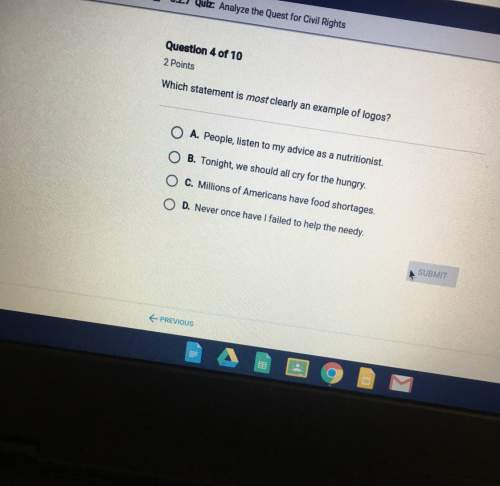
The Necklace
When she sat down to dinner at her round table with its three-day-old cloth, and watched her husband opposite her lift the lid of the soup tureen and exclaim, delighted: "Ah, a good homemade beef stew! There's nothing better..." she would visualize elegant dinners with gleaming silver amid tapestried walls peopled by knights and ladies and exotic birds in a fairy forest; she would think of exquisite dishes served on gorgeous china worth thousands of francs, and of gallantries whispered and received with sphinx-like smiles while eating the pink flesh of trout or wings of grouse.
She had no proper wardrobe, no jewels, nothing. And those were the only things that she loved--she felt she was made for them. She would have so loved to charm, to be envied, to be admired and sought after.
She had a rich friend, an old school friend whom she refused to visit, because she suffered so keenly when she returned home. She would weep whole days, with grief, regret, despair, and misery.
Choose ALL the statements that accurately describe Madame Loisel's point of view as it is expressed in this passage.
A. Madame Loisel prefers a simple life of quiet and peace at home.
B. Madame Loisel dreams of a life of elegance, wealth, and ease.
C. Madame Loisel is not a fan of fancy foods and prefers homier fare like good beef stew.
D. Madame Loisel is often extremely jealous of others who have more wealth than she does.
E. Madame Loisel would like nothing more than to have her hand adorned by a beautiful jewel.

Answers: 3


Another question on English

English, 21.06.2019 23:30
What does this dialogue reveal about louise? she follows some of the spiritual ideas of the pueblo people. she is a devout follower of the catholic church. she often turns to father paul for support and guidance. she wants teofilo to receive his last rites from father paul.
Answers: 2

English, 22.06.2019 03:40
Read this paragraph from chapter 5 of the prince. there are, for example, the spartans and the romans. the spartans held athens and thebes, establishing there an oligarchy: nevertheless they lost them. the romans, in order to hold capua, carthage, and numantia, dismantled them, and did not lose them. they wished to hold greece as the spartans held it, making it free and permitting its laws, and did not succeed. so to hold it they were compelled to dismantle many cities in the country, for in truth there is no safe way to retain them otherwise than by ruining them. and he who becomes master of a city accustomed to freedom and does not destroy it, may expect to be destroyed by it, for in rebellion it has always the watchword of liberty and its ancient privileges as a rallying point, which neither time nor benefits will ever cause it to forget. and whatever you may do or provide against, they never forget that name or their privileges unless they are disunited or dispersed, but at every chance they immediately rally to them, as pisa after the hundred years she had been held in bondage by the florentines. what idea is stressed in the passage? the desire for liberty the establishment of an oligarchy the dismantling of an acquired state the tendency toward rebellion
Answers: 1

English, 22.06.2019 06:10
What is the correct def of moif? an idea or object that recurs in a text
Answers: 1

English, 22.06.2019 08:00
"she is his achilles' heel" is an example allusion alliteration simile personification
Answers: 1
You know the right answer?
The Necklace
When she sat down to dinner at her round table with its three-day-old cloth, and watch...
Questions

Mathematics, 24.02.2021 03:00

Mathematics, 24.02.2021 03:00



Chemistry, 24.02.2021 03:00





Mathematics, 24.02.2021 03:00

Biology, 24.02.2021 03:00

Mathematics, 24.02.2021 03:00


History, 24.02.2021 03:00


German, 24.02.2021 03:00

Geography, 24.02.2021 03:00


History, 24.02.2021 03:00




